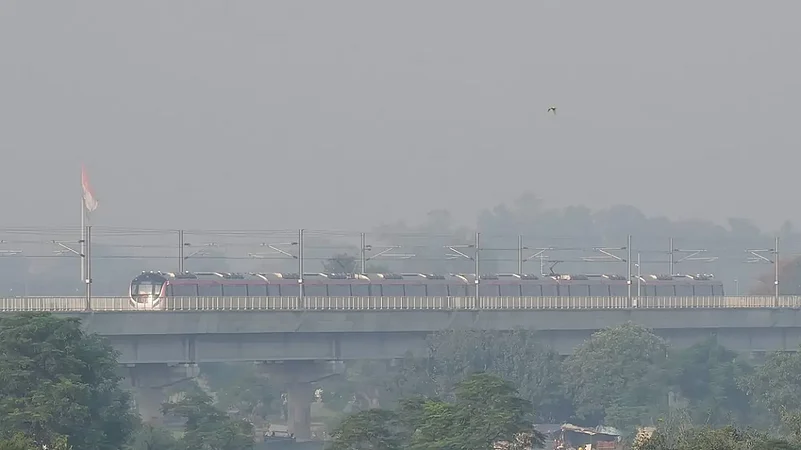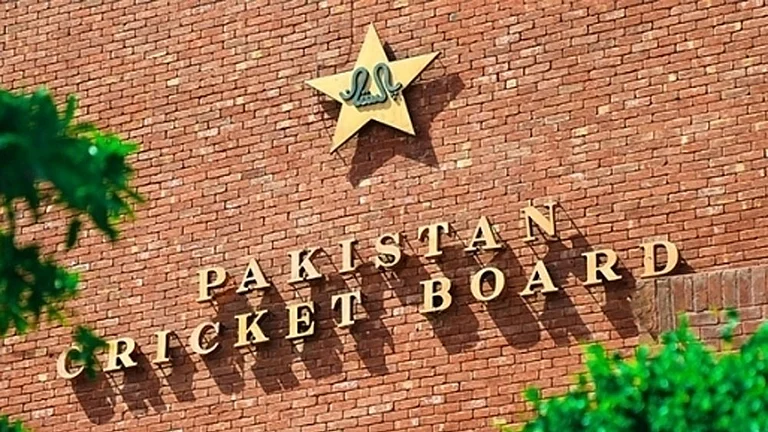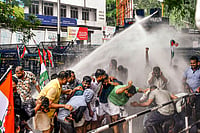The Commission for Air Quality Management (CAQM) on Monday refrained from invoking restrictions under Stage II of the Graded Response Action Plan (GRAP) despite a slight increase in air pollution levels. Agencies had on Sunday predicted a rapid deterioration in the national capital's air quality.
Delhi's 24-hour average air quality index (AQI) on Monday worsened to 265 from 244 on Sunday. The sub-committee responsible for invoking action under GRAP took stock of the situation at a meeting. The India Meteorological Department and the Indian Institute of Tropical Meteorology said the AQI would continue to remain 'poor' in the coming days but do not expect any rapid deterioration.
Considering this, the panel decided that the ongoing actions under GRAP Stage I should continue and the invocation of Stage II is not required, a statement said. GRAP is a set of anti-air pollution measures followed in the national capital and its vicinity according to the severity of the situation.
It classifies the air quality in Delhi-NCR under four different stages: Stage I - 'Poor' (AQI 201-300); Stage II - 'Very Poor' (AQI 301-400); Stage III - 'Severe' (AQI 401-450); and Stage IV - 'Severe Plus' (AQI>450). Under Stage I, the CAQM has recommended strict action against polluting industries, vehicles and biomass burning. The use of coal and firewood, including in tandoors in hotels, restaurants, open eateries; and diesel generator sets, except for emergent and essential services, is banned under Stage II.


























